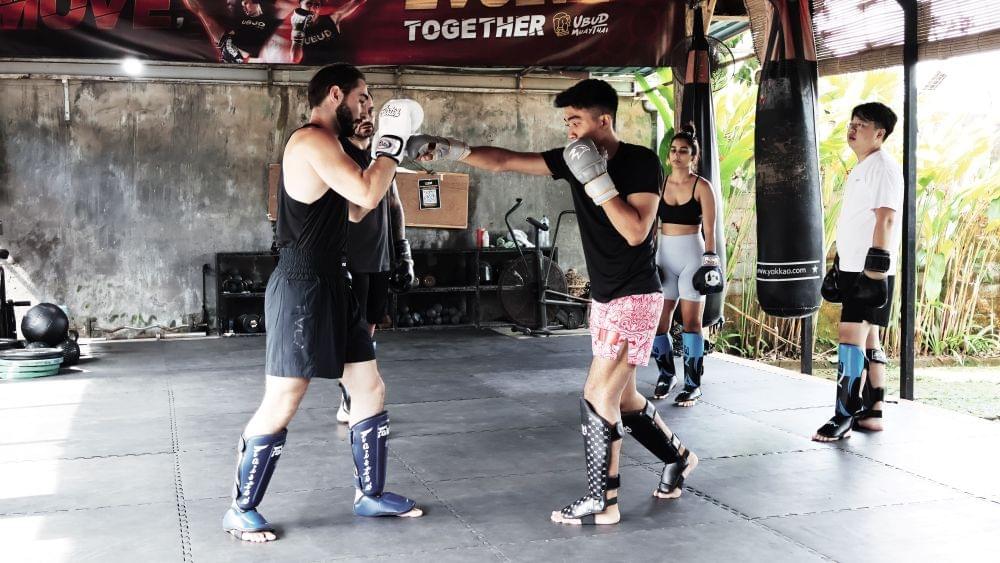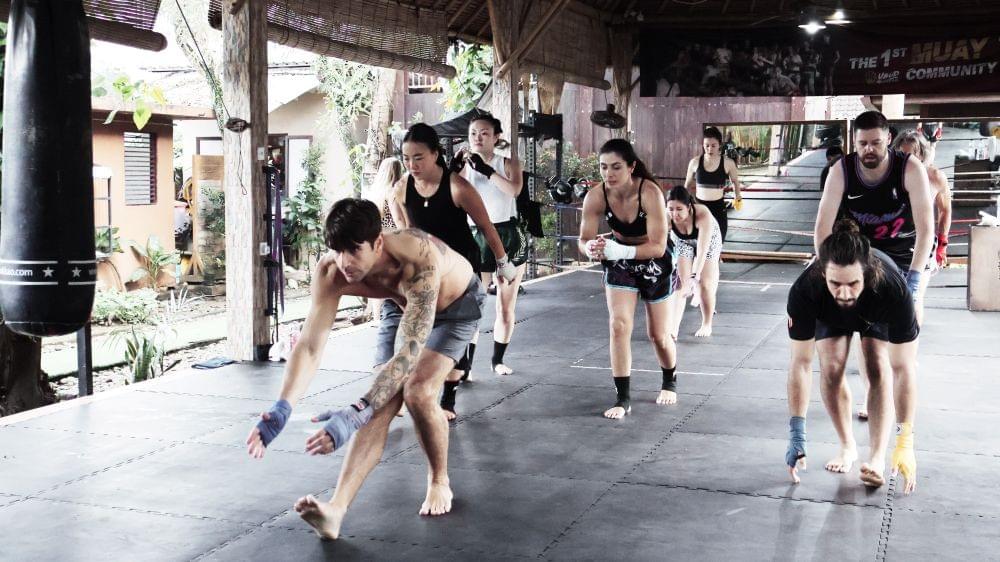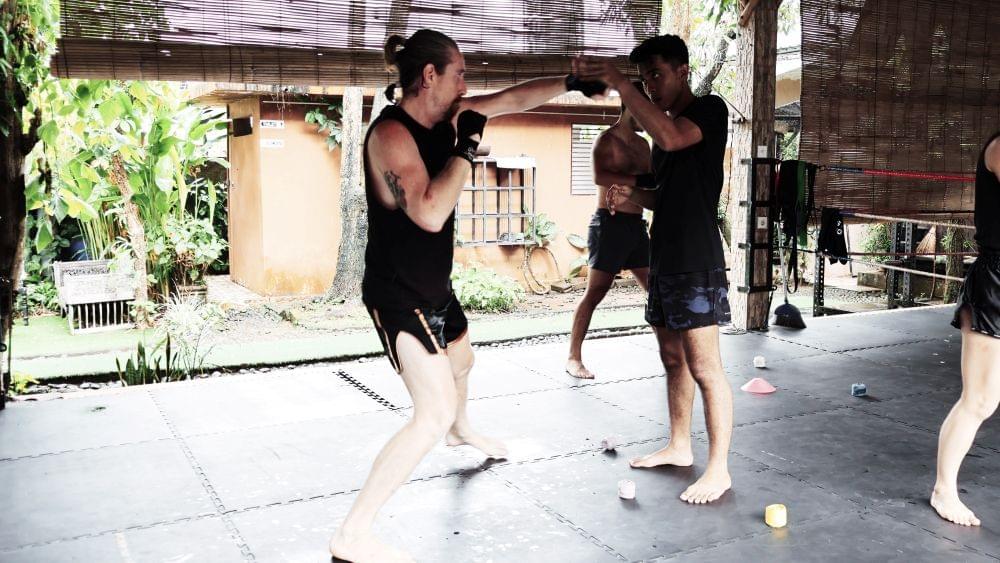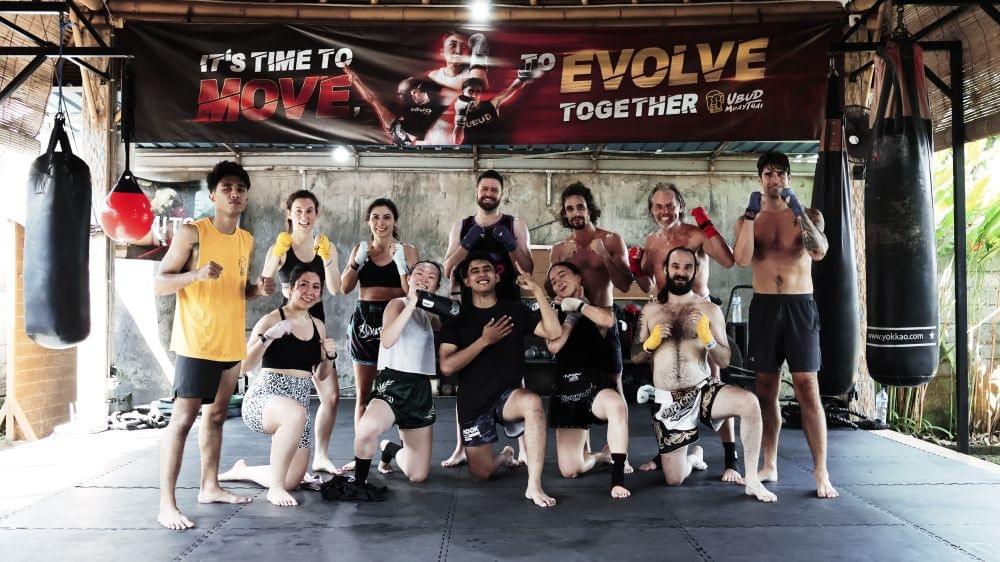Finding the right Muay Thai trainer can completely change your experience in the ring. A good trainer doesn’t just teach you how to throw sharper punches or stronger kicks. They teach you rhythm, mindset, and respect for the art itself. But choosing a trainer isn’t as simple as picking someone who looks fit or has a few fights under their belt. There are qualities and red flags most people never notice until it’s too late.
If you’re serious about improving your skills, you need a trainer who fits your goals, your personality, and your level of commitment. Let’s talk about what really matters when choosing a Muay Thai trainer and what no one tells you before you start.
What Really Matters When Choosing a Muay Thai Trainer

When it comes to Muay Thai, the best trainers are not just technicians. They’re communicators, motivators, and mentors. A great trainer understands that every student learns differently. Some respond to intensity, while others thrive with calm and patience. What matters most is not how famous your trainer is, but how well they connect with you.
Look for someone who pays attention to your progress, corrects your form with care, and explains why each movement matters. A trainer who listens, adapts, and pushes you the right way will always outperform one who simply repeats combinations. Consistency, patience, and the ability to make complex techniques simple are the real signs of experience.
At Ubud Muay Thai, our trainers focus on personal growth just as much as physical performance. They guide students through the mental discipline of Muay Thai, helping each person progress at their own pace while staying motivated and inspired.
Fighter vs Hobbyist Coaching
Not all Muay Thai trainers teach with the same purpose. Some have experience fighting professionally and bring that intensity to every session. Others are lifelong practitioners who focus on technique, fitness, and personal development rather than fight preparation.
Neither is better or worse; it depends on what you’re looking for. If your goal is to compete or spar seriously, you’ll benefit from a trainer with fight experience who can simulate real ring situations and teach fight strategy. If you’re training for fitness, stress relief, or confidence, a coach who understands recreational goals will create a more balanced and enjoyable environment.

Unspoken Red Flags in a Trainer
Not every trainer is the right match, and sometimes the warning signs are subtle. Before you commit to long-term training, look out for these unspoken red flags that many people overlook:
They show off more than they teach
A trainer who constantly demonstrates their own power or skill but spends little time correcting or guiding you isn’t focused on your development. The best trainers care more about your progress than their own display.
They rarely correct your form
If a trainer lets you repeat poor technique without offering detailed feedback, it’s a sign they’re not paying attention. Proper correction is essential for safe and effective Muay Thai training.
They use the same approach for everyone
Every student has a unique body type, skill level, and learning speed. A trainer who refuses to adapt their teaching style to your needs can slow down your growth or even cause injury.
They get impatient or dismissive
A good trainer should explain techniques clearly and encourage questions. If they seem frustrated, raise their voice unnecessarily, or make you feel uncomfortable for asking, it’s a major red flag.
They neglect warm-ups, cool-downs, or safety
Skipping warm-ups or pushing you past safe limits shows poor professionalism. A responsible coach values long-term progress and safety just as much as performance.
They focus only on advanced students
Every student deserves attention, not just the fighters. A trainer who only invests in “serious” students creates an unbalanced learning environment that discourages beginners.
How to Evaluate a Trainer Before You Commit

Before signing up for a long-term membership or private sessions, take a little time to evaluate your trainer properly. The right coach will make you want to show up every day, while the wrong one can drain your motivation fast. Here’s how to find out if they’re truly a good fit:
Ask for a Trial Session
Nothing reveals more than getting on the mats. During your first session, pay attention to how the trainer explains techniques and how involved they are while you’re drilling. A quality coach will correct your stance, footwork, and timing right away instead of letting you guess. You should walk away feeling challenged but supported, not confused or intimidated.
Watch How They Interact with Students
Visit the gym during class hours and observe quietly. A good trainer gives attention to everyone, not just the advanced students, and adjusts instructions for different levels. Notice how they handle mistakes. Do they correct the form with patience or simply move on? Trainers who engage actively and communicate clearly usually make great mentors.
See if They Ask About Your Goals
A great trainer doesn’t start teaching right away; they start by asking questions. They’ll want to know if you’re training for fitness, competition, or self-defense. This shows they care about tailoring the experience for you rather than giving the same routine to everyone. If a trainer never asks what you want to achieve, it’s usually a sign they aren’t fully invested in your progress.
Gauge Their Energy and Communication Style
Muay Thai is as much about mindset as movement. The best trainers bring positive energy into every class. They motivate without shouting, push you without being harsh, and correct you without making you feel embarrassed. You’ll know you’ve found the right coach when their energy keeps you focused and wanting to improve.
Check the Gym Culture

A trainer’s attitude often reflects the overall atmosphere of the gym. If the students look engaged, the space feels organized, and people treat each other respectfully, that’s a strong indicator you’re in good hands. On the other hand, if the vibe feels tense or chaotic, that’s a signal to look elsewhere, even if the trainer seems skilled.
Choosing the right Muay Thai trainer isn’t about finding the toughest or most famous coach. It’s about finding someone who understands you, challenges you, and helps you grow the right way. The right trainer will make every session feel purposeful and keep you inspired to come back stronger each time.
If you’re in Bali and ready to experience high-quality coaching in a supportive community, come train with us at Ubud Muay Thai. Our team of experienced trainers offers classes for all levels, from beginners learning the basics to fighters refining their technique. Visit us in Ubud, meet the team, and discover how the right trainer can change everything about your Muay Thai journey.

